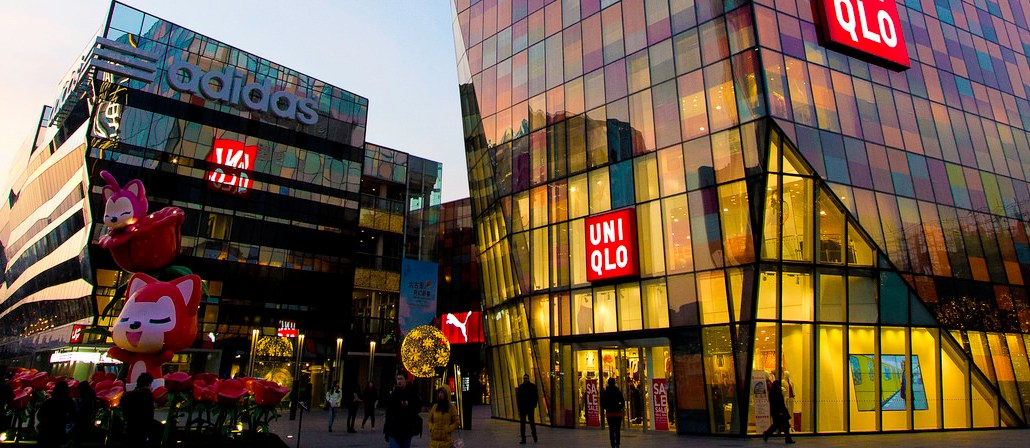Save 50% on a 3-month Digiday+ membership. Ends Dec 5.
Why this Chinese private equity company bought its first US ad tech firm

Chinese investors have acquired another U.S. ad tech company, the latest in a string of such deals in recent months.
Innotech Capitals, the investment arm of Shanghai-based Innotech International Group, bought San Diego-based third-party reporting firm Ad-Juster Wednesday, for an undisclosed amount of money. This is the first ad tech deal the private equity firm has struck in the U.S. so far.
Oliver Chen, founding partner of Innotech Capitals, explained that the deal is a strategic play as the company’s mission is to “build the largest ad tech ecosystem globally.”
“Ad-Juster is focused on publishers, an area we like a lot. And we like its software-as-a-service model [in which it licenses its software] because once it has recurring revenue it can grow fast and retain clients,” said Chen.
The plan is to introduce Ad-Juster to Chinese and then European markets. While there are some ad verification services like Adbug in China, Chen added that “currently nobody is doing what Ad-Juster is doing over there. Period.”
Innotech’s acquisition of Ad-Juster is just the latest in a number of Chinese companies buying into U.S. ad tech. Ad network Media.net was acquired for $900 million by a group of Chinese investors last August, and marketing tech firm AppLovin was bought by Orient Hontai Capita in September for $1.4 billion.
Yan Lee, chief product officer for Hong Kong-based ad tech firm iClick Interactive, sees programmatic acquisitions by Chinese investors as part of a broader trend in which Chinese companies are expanding and investing overseas across different industries, not just in ad tech.
Ad position: web_incontent_pos1
“When home-grown companies like [telecommunications conglomerate] Huawei and [electronics brand] TCL are going global, tech firms and agencies expand abroad on the shoulder of those brands,” said Lee.
Lee’s company is always looking for partnerships and potential investment opportunities in America. “U.S. is the holy grail of the advertising and marketing cloud space,” he said.
But ad tech acquisitions are not always a strategic play. Like Terence Kawaja, CEO of investment bank LUMA Partners, told Business Insider, Chinese markets usually value ad tech firms at a higher price than the U.S. markets. That means if a Chinese investor buys a company here at $100 million, for example, they can trade it for $500 million in China, so there’s a huge value spread.
For instance, AppLovin was not familiar to most people in China until its acquisition, and, of course, its stock went up, said Lee. “Every investor has their own price tag. You can earn your money back from the market value,” he said.
That’s not to say every U.S. ad tech firm is an easy sell for Chinese investors. Innotech’s Chen explained that he has two main acquisition criteria: First, a potential candidate must fit his company’s portfolio, meaning that it won’t buy two firms that are doing the same thing to create internal competition, and, second, the candidate must be profitable. In general, Chinese investors are more practical than their U.S. counterparts.
Ad position: web_incontent_pos2
“When Chinese investors look for acquisitions abroad, they ask about revenue, and they don’t want to hear stories about how a product or a company can change the world,” said Hagai Tal, CEO for Israel-based mobile firm Taptica that has offices in Asia. “In contrast, Silicon Valley venture capitalists love to hear stories about how a new idea will change everything — even if it’s unclear how that idea can be monetized.”
Going forward, Chen is looking to invest more aggressively in U.S. ad tech, focusing on companies in the video space and companies that have developed real software to license.
“There are only certain ways that you can monetize the internet. You can be Amazon that sells products, Uber that sells services or Google and Facebook that sell ads,” he said. “Ad tech is a huge market yet very fragmented. Even though Facebook and Google are dominating the space right now, we still believe that smaller players will continue to have their own market share.”
More in Media

What publishers are wishing for this holiday season: End AI scraping and determine AI-powered audience value
Publishers want a fair, structured, regulated AI environment and they also want to define what the next decade of audience metrics looks like.

Digiday+ Research Subscription Index 2025: Subscription strategies from Bloomberg, The New York Times, Vox and others
Digiday’s third annual Subscription Index examines and measures publishers’ subscription strategies to identify common approaches and key tactics among Bloomberg, The New York Times, Vox and others.

From lawsuits to lobbying: How publishers are fighting AI
We may be closing out 2025, but publishers aren’t retreating from the battle of AI search — some are escalating it, and they expect the fight to stretch deep into 2026.
Ad position: web_bfu




